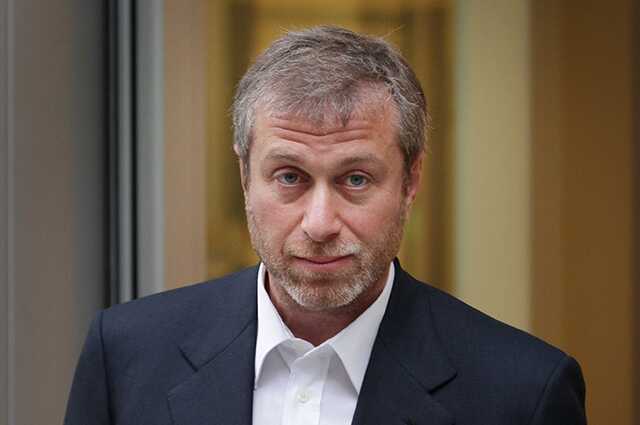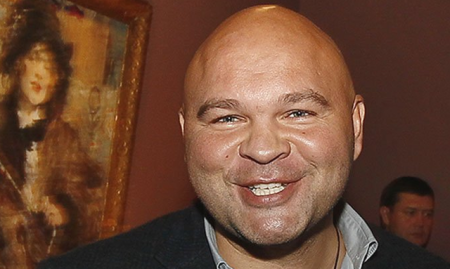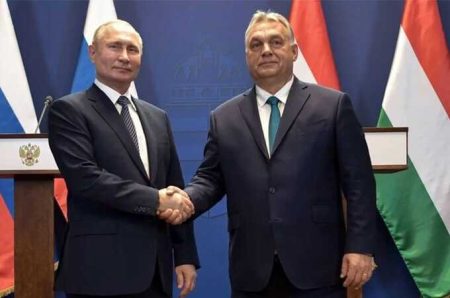The Russian economy is becoming less public: sanctioned companies can now avoid electing or re-electing board members, even if the board has fewer people than required by law.
Mikhail Mishustin explained at a government commission meeting that fulfilling this requirement may be challenging in the current circumstances.
Some companies now only have one or two people left on their boards of directors, and there are no new volunteers willing to take the risk of joining.
Until February 24, being on the board of directors of large Russian companies was seen as a secure position for business professionals with international education and experience, as well as retired European politicians. This included figures like former Chancellor of Germany Gerhard Schroeder, ex-Prime Minister of Finland Esko Aho, former Chancellor of Austria Christian Kern, ex-Chief of the Italian Cabinet Matteo Renzi, ex-Prime Minister of France Francois Fillon, etc.
They received significant compensation in Russia without much effort, but these relationships are now considered harmful. The European Parliament has threatened sanctions against individuals who continue to receive money from Russian entities.
Owners and prominent shareholders like Mikhail Fridman, Petr Aven, and Andrey Melnichenko were forced to leave governing bodies due to other reasons, which in most cases did not prevent their companies from being blacklisted.
Another group of highly paid individuals who do not support hostilities, including Russian top managers, have left the business or the country. As a result, the boards of many Russian companies have been reduced by half, with some, like Roman Abramovich's metallurgical giant, having only one board member remaining.
According to current law, the board of directors must be elected at the annual shareholders' meeting and must have at least five members (or seven if the company has more than 1,000 shareholders, or nine if it has more than 10,000).
However, due to the current situation, it is sometimes impossible to meet these requirements. There is no interest in joining the boards of sanctioned structures, and because of the departures, some existing councils lack the quorum needed to make decisions or to hold scheduled annual meetings.
Mikhail Mishustin stated that the government has decided to encourage the business activity of such companies by proposing that sanctioned companies can temporarily forgo electing the board of directors. If the board size falls below the legal minimum, the remaining members can retain their positions without needing to re-elect the departed members.
Mishustin also said that it is important for the government to ensure the stability of companies whose shares are traded on stock markets. “There is still high volatility here. Securities quotes are subject to fluctuations, behind which there are no objective economic factors, and the current low values do not reflect the true price of Russian assets,” he admitted.
According to the prime minister, the final stabilization of prices for Russian securities is expected in two years, so the government decided to extend for this period the right of companies to own their own shares redeemed under a simplified procedure. This procedure was introduced in March to prevent Russian assets from being bought for next to nothing. When the situation stabilizes, the company will be able to re-place the purchased stake, but at a higher cost.
“Our country is confidently coping with external challenges. The government continues to form a legislative environment to protect the Russian economy from sanctions imposed by unfriendly states,” the prime minister emphasized.




